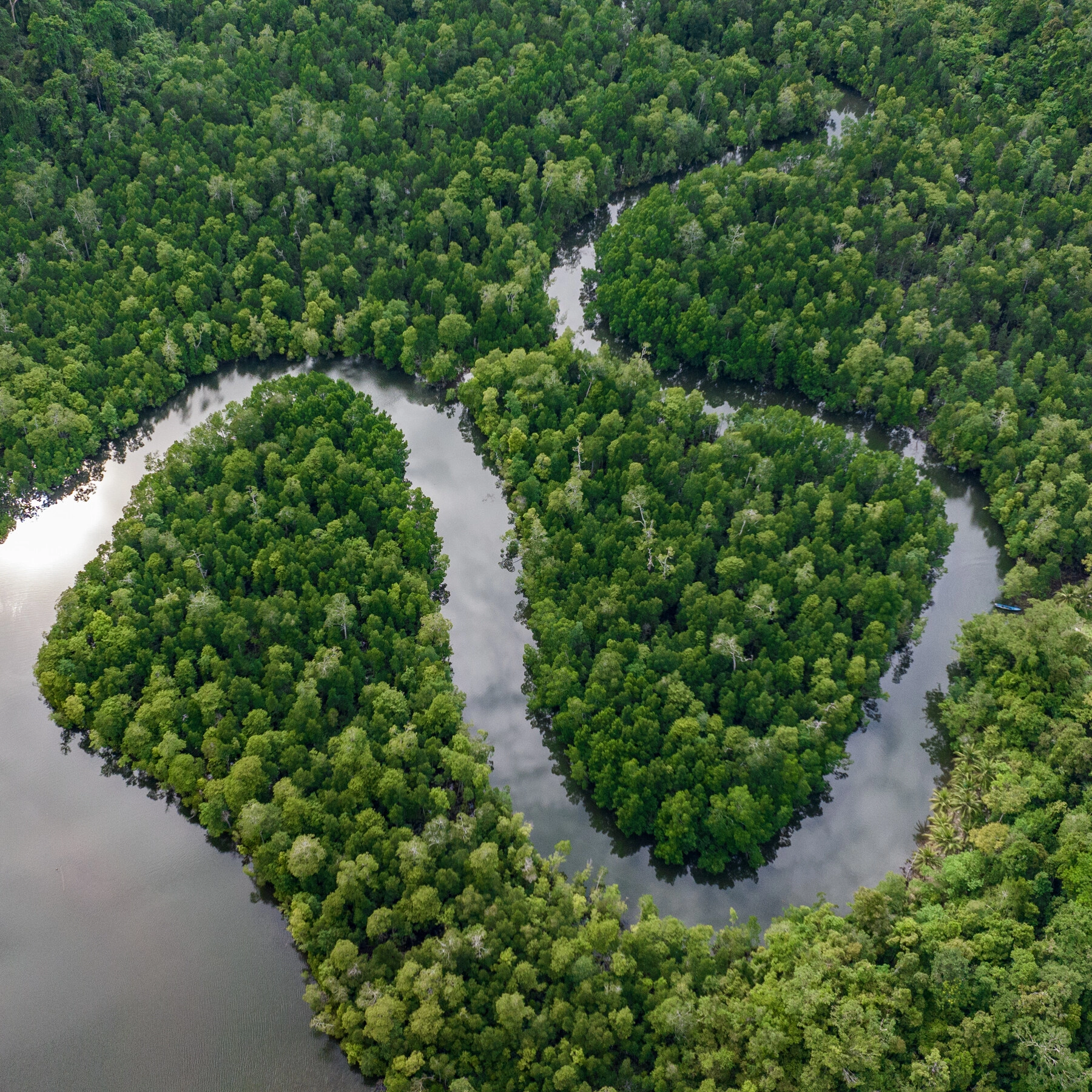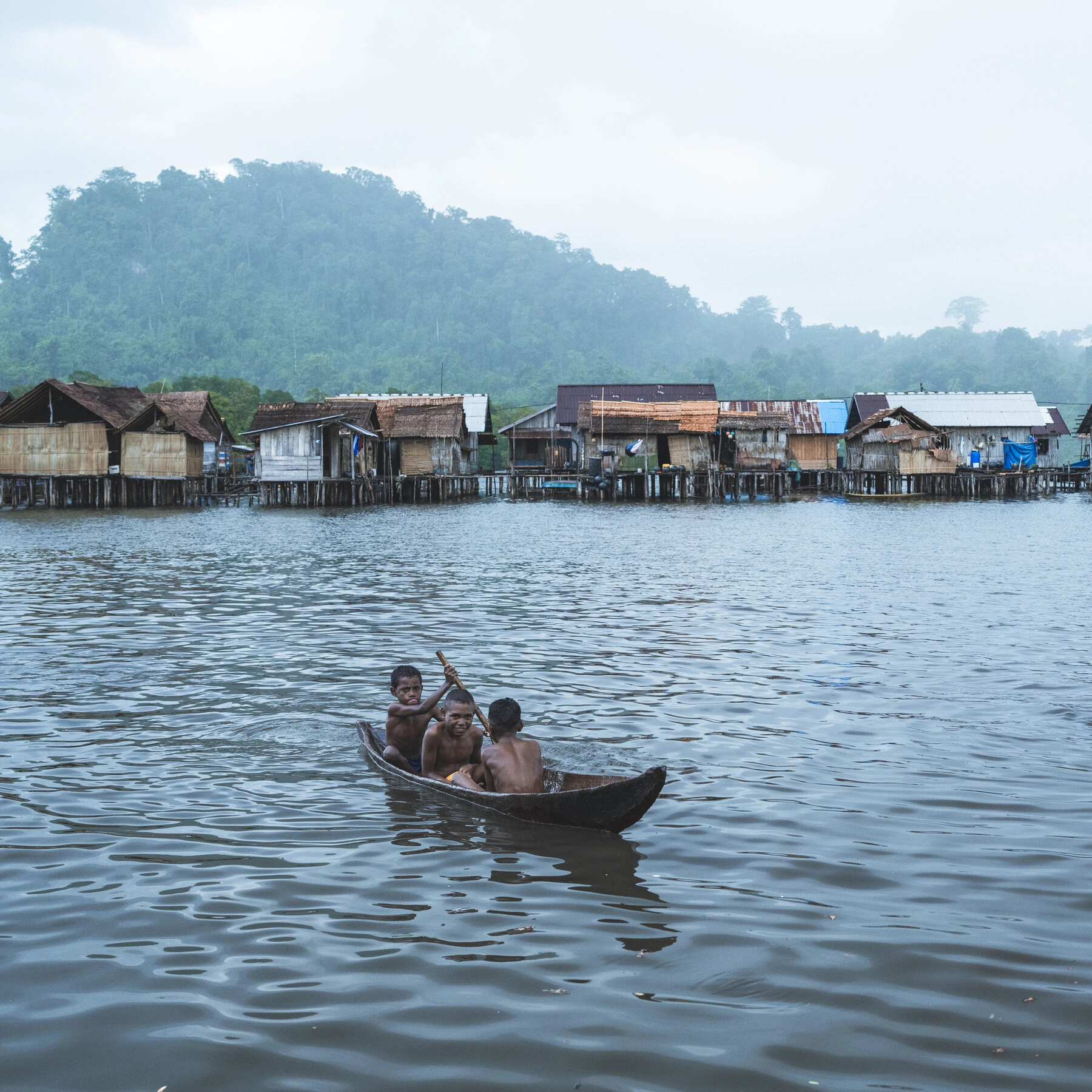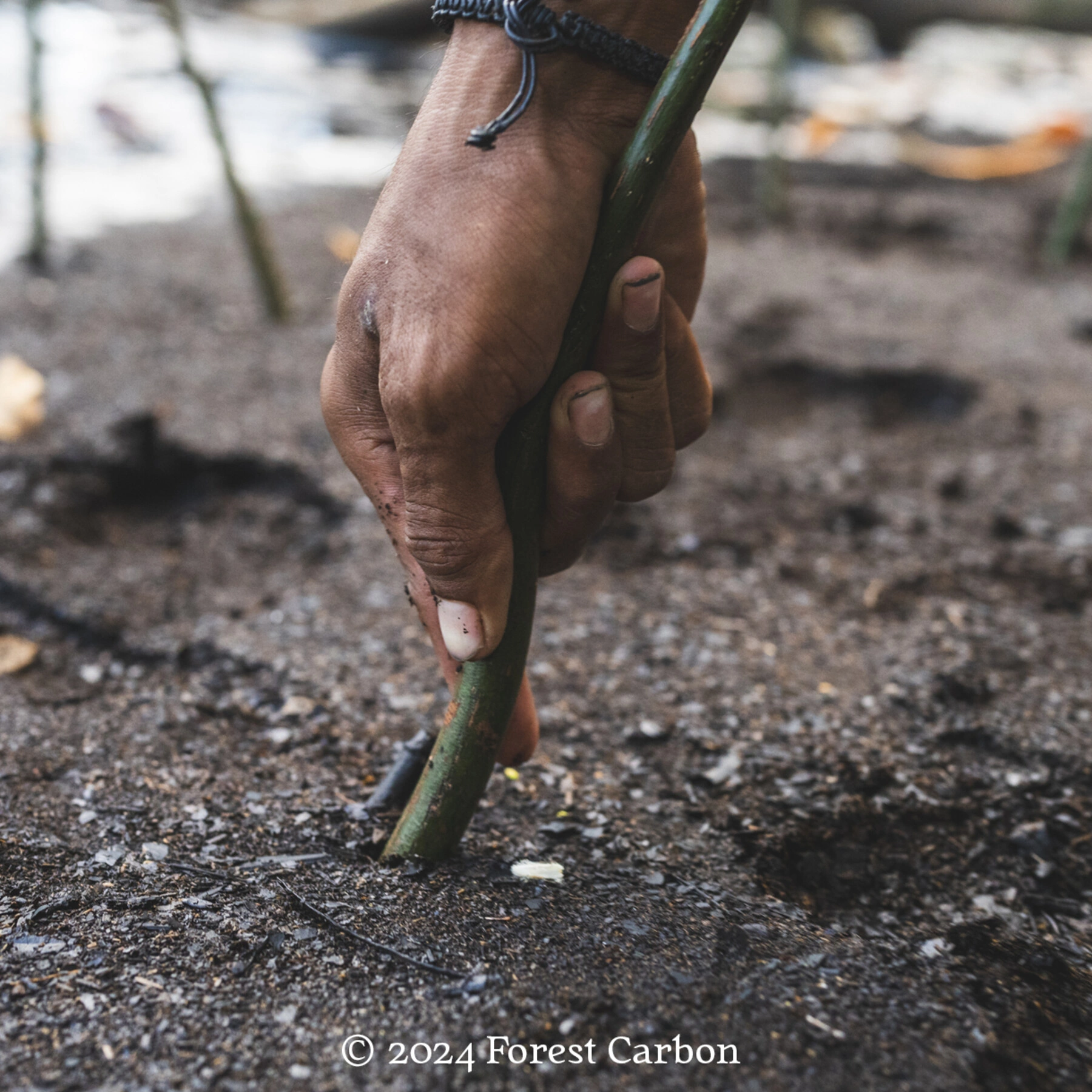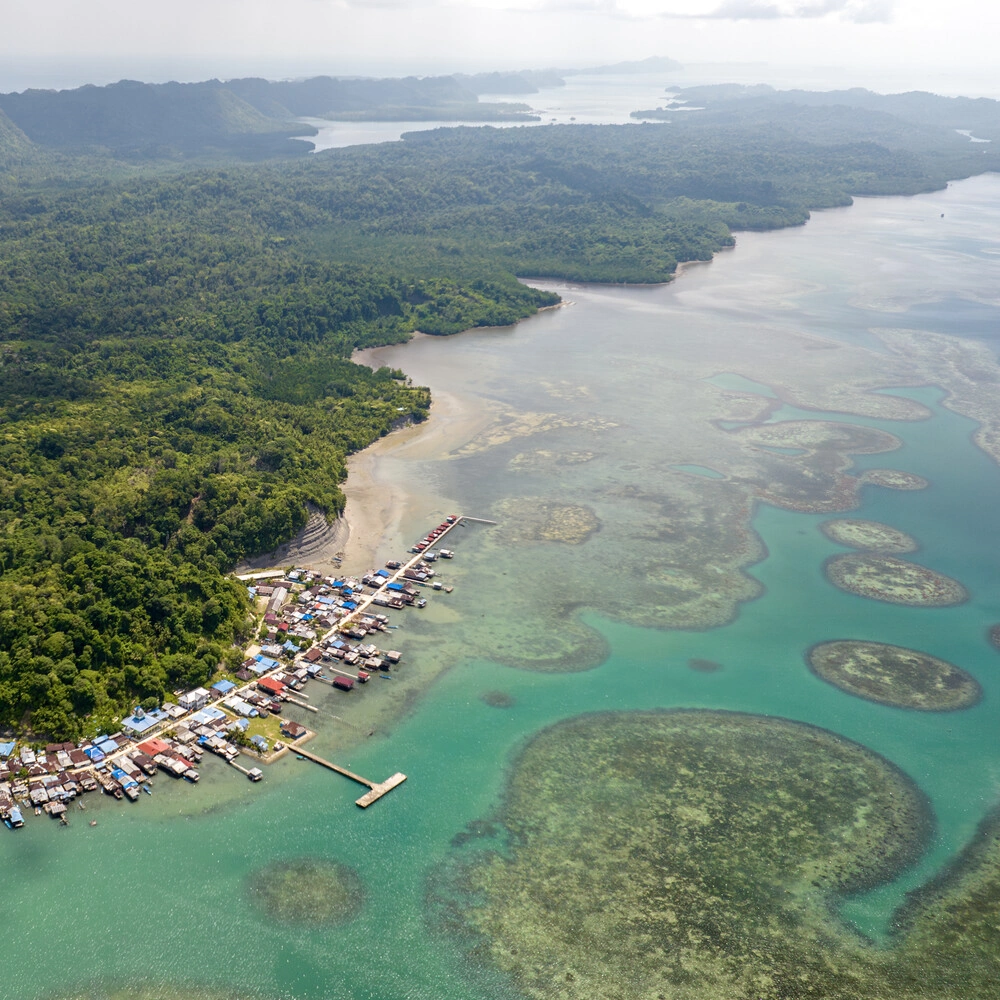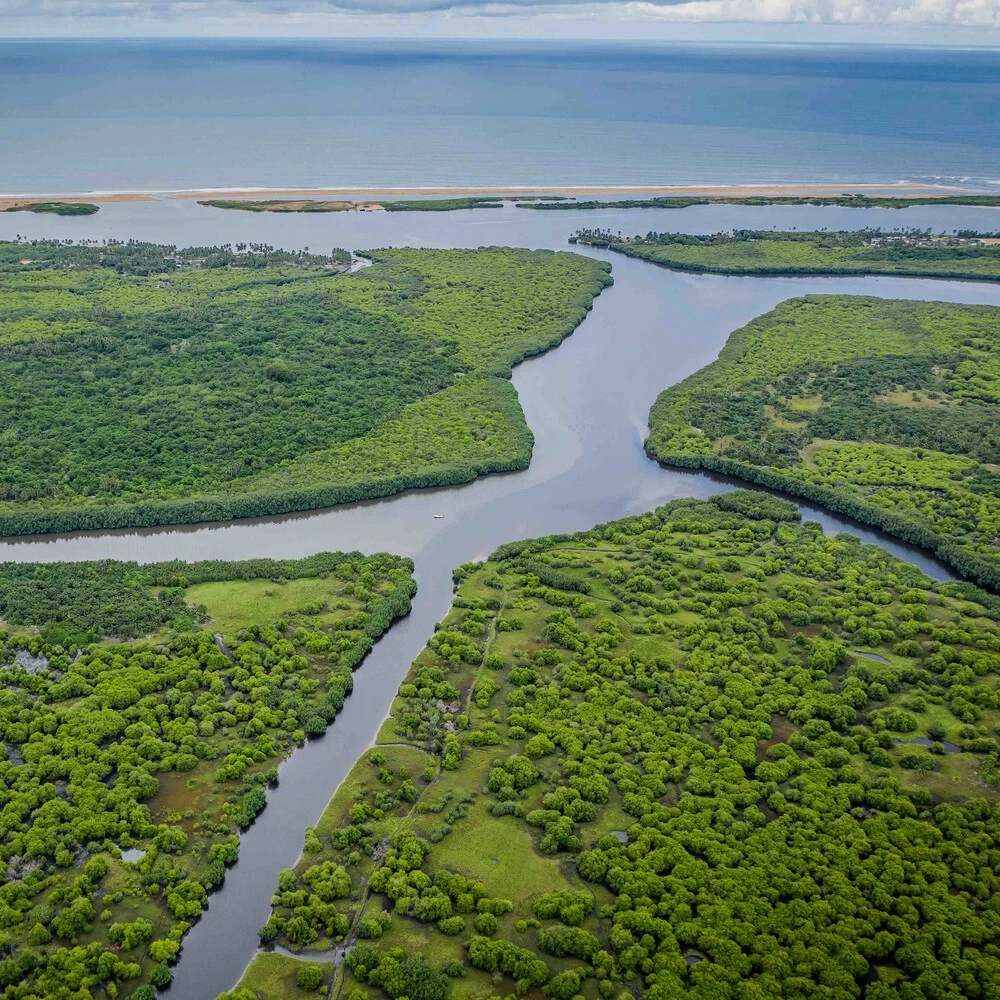Building a sustainable future for conservation and biodiversity on Misool Island
On Indonesia’s Misool Island, a visionary project is underway to lay the foundation for long-term conservation and biodiversity success. This initiative aims to protect the island’s rich marine and coastal ecosystems through detailed assessments and strategic planning, paving the way for future biodiversity and carbon credits to support sustainable development.
The journey starts with a High Conservation Value (HCV) assessment, where a dedicated team analyzes Misool’s critical habitats in depth. This comprehensive study identifies areas with the highest conservation value, evaluating species diversity, ecological importance, and conservation priorities. The insights gained will shape targeted conservation efforts, pinpointing the island’s most vulnerable ecosystems that need protection.
Following the HCV assessment, a Biodiversity Monitoring Plan will be established to measure the impact of conservation activities on local biodiversity systematically. This plan outlines protocols and sampling methods that meet international standards, ensuring alignment with certifications like Climate, Community & Biodiversity (CCB) and Plan Vivo. Such certifications will add credibility to Misool’s conservation efforts and open up additional funding avenues.
The Project Design (PD) document is central to the project and serves as the roadmap for success. The PD defines the project’s goals, timeline, budget, and risk management strategies, establishing a structured approach to achieving long-term conservation and restoration objectives. This clear and comprehensive design ensures that every aspect of the project is strategically aligned for lasting impact.
An economic and social assessment will also be conducted in collaboration with local communities, focusing on sustainable development opportunities that benefit conservation and local livelihoods. By engaging the surrounding communities, the project fosters a long-term commitment to environmental preservation, ensuring that conservation efforts are integrated into the social fabric of Misool Island.
The project team is also exploring new revenue streams beyond blue carbon credits. Opportunities to generate biodiversity credits—such as enhancing fish biomass in Marine Protected Areas (MPAs) or increasing species diversity—are actively pursued. Misool’s established verification methods provide a strong foundation for these efforts, which could bring further financial support for conservation and restoration.
Together, these activities form the backbone of a resilient and sustainable conservation program on Misool Island. This initiative aims to secure decades of biodiversity conservation and sustainable progress for Indonesia’s rich ecosystems by combining ecological protection with community development.



